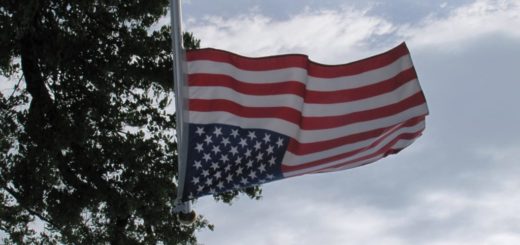One Difference Between Experts and Me
During this brief hiatus in my continuing Limbo series, “The Rule of the Experts” (read Part One and Part Two), I cannot resist an opportunity to highlight one of my central conclusions about the kind of people modern society refers to as experts, by way of this simple point of contrast with myself: I am occasionally proven right.
Case in point: Back on June 13th, 2019, when Michigan congressman Justin Amash was still nominally both a Republican and a member of the House Freedom Caucus (a group he co-founded), I predicted that, due to his ongoing ostracism within the Trump cult leadership group formerly known as the GOP, he would eventually decide to run as a 2020 presidential candidate for the Libertarian Party.
And so it is with amusement that I note that Amash has now officially signaled his intention to do exactly that.
On that successful forecast alone, then, I am already vastly ahead of your average socially-approved expert. For example, you would think today’s infectious disease “experts,” who have so much influence over global government policy on the COVID-19 pandemic, had never even had a virus before, let alone studied them all their professional lives, judging from how often, and how radically, they have revised their short- and long-term assessments of, and prognostications for, this overhyped outbreak during just the past eight weeks.
But merely defeating the officially-sanctioned, media-cited experts in the predictions game is about as satisfying as defeating a slug in a hundred-meter dash. The only real sport in such a competition must come from not merely being partially right (i.e., infinitely better than the experts, but only mediocre by normal human standards) but rather from being completely right.
I would therefore be remiss if I did not mention the second half of my prediction from June 13th, 2019, namely that Amash would fail to gain the Libertarian nomination, due to his being, for lack of a better term, too libertarian for them. As I said last year, Amash’s chances of succeeding in this venture would depend on whether today’s Libertarian Party was “more interested in looking like a viable third party appealing to those Americans who still believe in the U.S. Constitution, or in looking like a safe space for anarchists, libertines, and potheads.” Since the Libertarian Party has consistently chosen the latter path in recent years, I completed my prediction last year by concluding that although Amash would run for the party’s presidential candidacy, they would in fact reject him.
Let’s see what happens. Of course, all this seems absurdly irrelevant now, since the remnants of liberty that Amash claims to care about are long gone and far beyond rescuing — and since, as the experts insist, totalitarianism is the only acceptable response to the coronavirus outbreak, which makes all discussion of electoral politics sound hopelessly quaint and antiquated.


